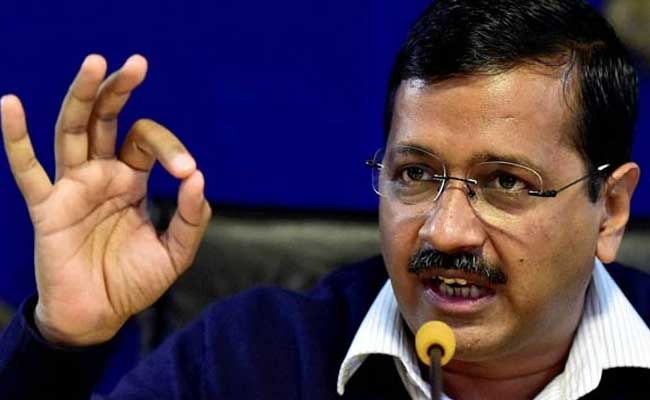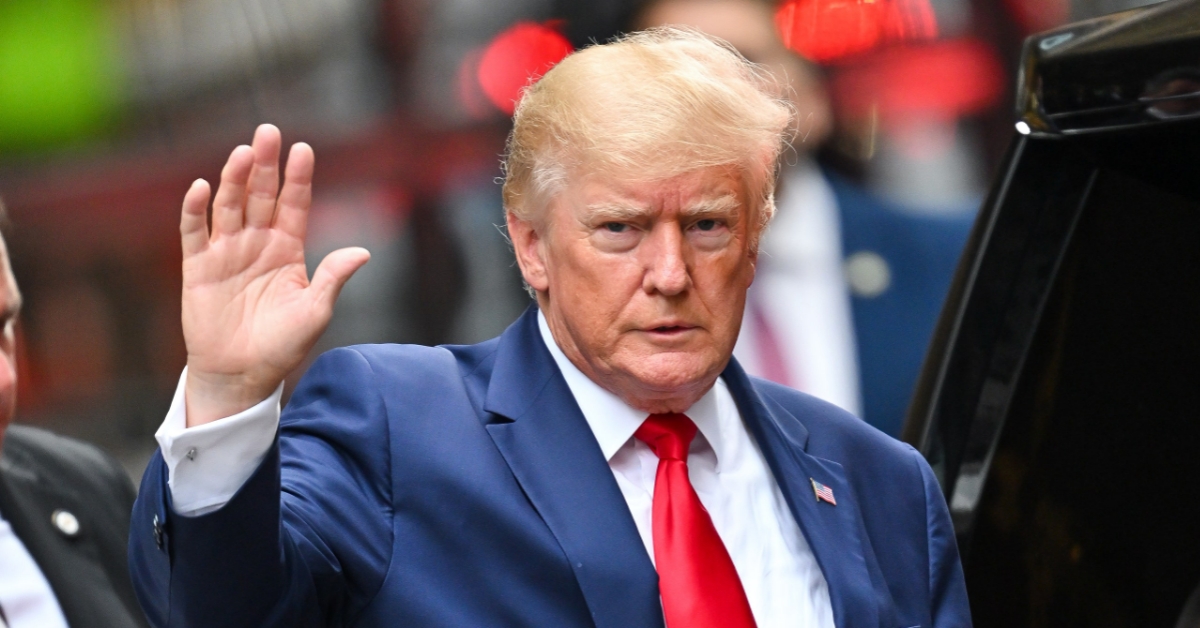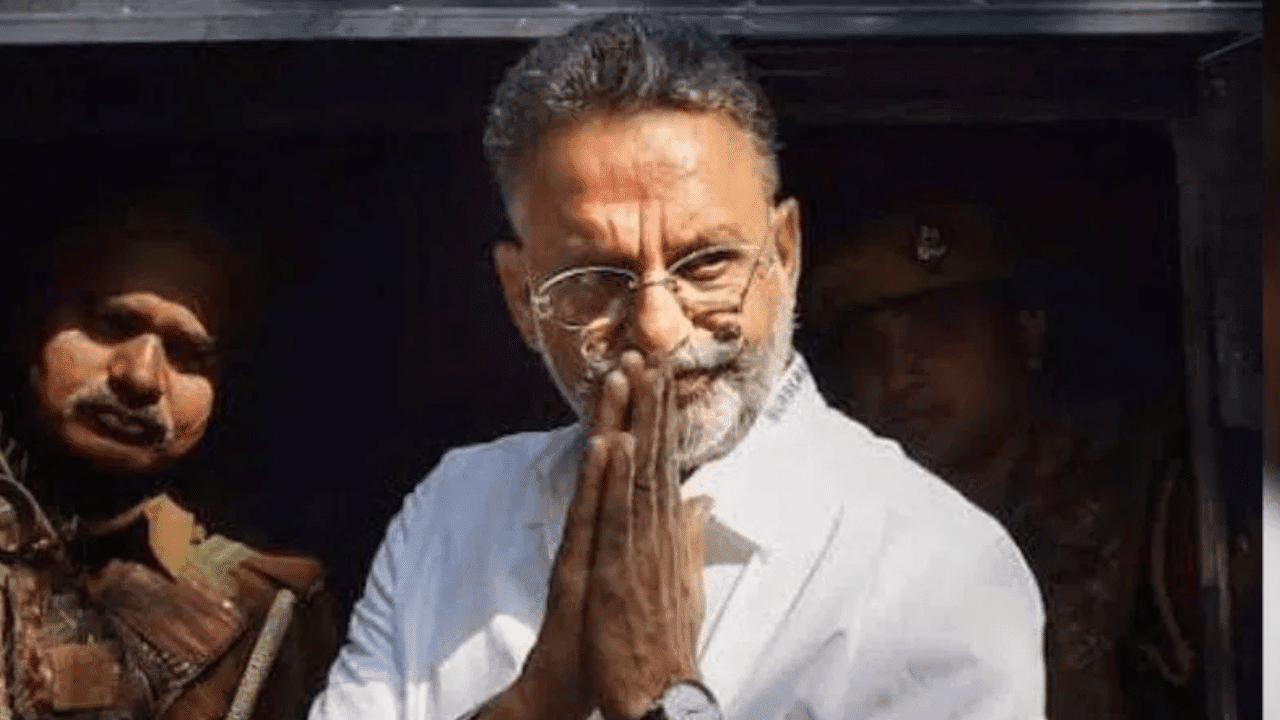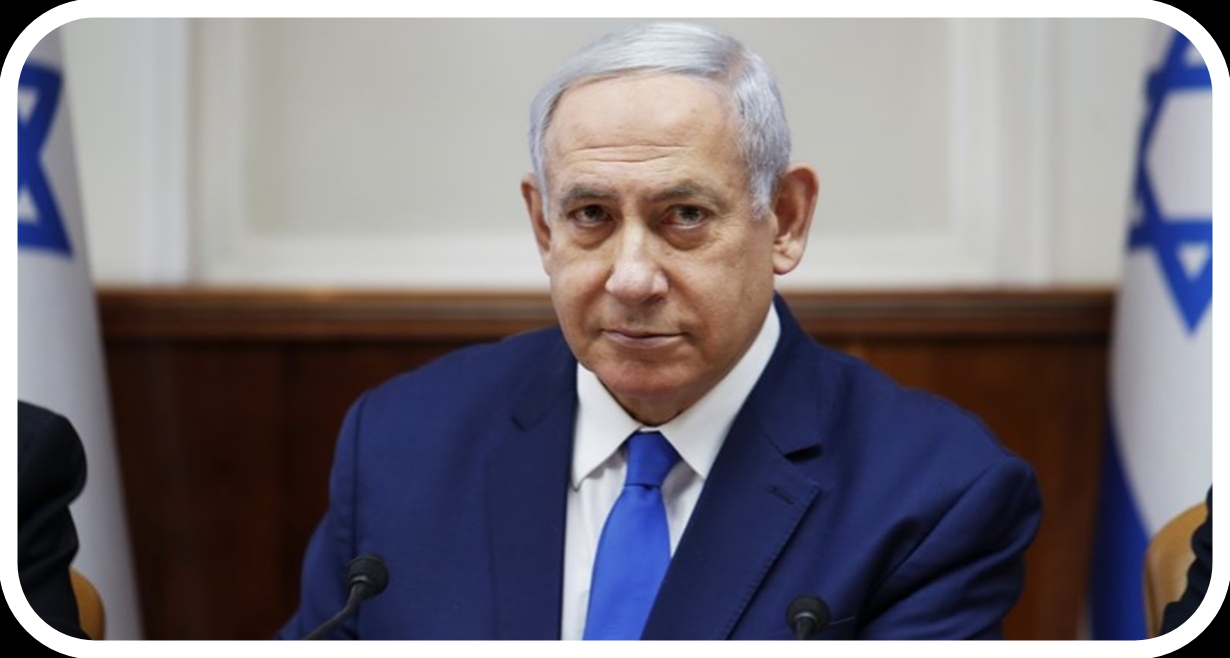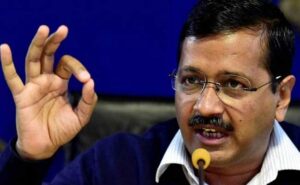 In the sphere of Indian politics, controversies frequently erupt, shaping electoral dynamics and governance. Recently, Arvind Kejriwal, the Chief Minister of Delhi and a pivotal figure in the Aam Aadmi Party (AAP), became embroiled in a legal confrontation that has garnered national attention. Kejriwal’s decision to challenge what he perceived as an ‘illegal’ arrest mere weeks before crucial polls has reignited debates concerning the fairness of electoral processes and the sanctity of the rule of law.
In the sphere of Indian politics, controversies frequently erupt, shaping electoral dynamics and governance. Recently, Arvind Kejriwal, the Chief Minister of Delhi and a pivotal figure in the Aam Aadmi Party (AAP), became embroiled in a legal confrontation that has garnered national attention. Kejriwal’s decision to challenge what he perceived as an ‘illegal’ arrest mere weeks before crucial polls has reignited debates concerning the fairness of electoral processes and the sanctity of the rule of law.
Kejriwal’s arrest came as a seismic shock to many observers, particularly due to its timing, coinciding with the peak of election campaigning. Allegations of breaches of the Model Code of Conduct (MCC), issued by the Election Commission of India (ECI), were leveled against Kejriwal and several AAP leaders. The MCC, a set of guidelines designed to ensure the fairness and integrity of elections, renders any violations a matter of profound concern.
In response to his arrest, Arvind Kejriwal expeditiously mobilized his legal team to contest what he perceived as a politically motivated maneuver. He argued that his arrest was not only unlawful but also a bid to stifle dissent and disrupt his party’s electioneering efforts. The timing of the arrest, on the cusp of critical elections, lent credence to Kejriwal’s assertions, prompting suspicions regarding ulterior motives behind the action.
Kejriwal’s decision to pursue legal recourse underscores the paramount importance of an independent judiciary in safeguarding democratic principles. By petitioning the High Court, Kejriwal sought redress through established legal channels, underscoring the indispensability of due process and the rule of law. The High Court assumes a pivotal role as the bastion of justice, tasked with adjudicating disputes of this nature and upholding fundamental rights.
At the heart of Kejriwal’s legal challenge lies the contention that his arrest constitutes a breach of fundamental rights, including the right to freedom of speech and expression. He contends that the allegations against him were politically motivated and aimed at besmirching his reputation in the lead-up to elections. By marshaling constitutional arguments and precedents, Kejriwal’s legal team endeavors to demonstrate the illegality of his arrest and secure justice.
The unfolding legal battle carries profound implications for Indian democracy. A favorable ruling for Kejriwal would reaffirm the imperative of upholding constitutional principles and safeguarding individuals’ rights, particularly within the context of electoral processes. It would also send a resounding message regarding the accountability of electoral authorities and the imperative of transparency in governance.
Conversely, an adverse ruling could engender serious apprehensions about the misuse of state machinery for political ends and undermine public trust in democratic institutions. It would spotlight the challenges confronting Indian democracy, particularly concerning the fairness and integrity of electoral processes. The impartiality and steadfast commitment of the judiciary to upholding the rule of law will be subjected to rigorous scrutiny in this high-stakes legal imbroglio.
Beyond the immediate ramifications for Kejriwal and the AAP, this legal saga underscores broader issues pertaining to the functioning of Indian democracy. It underscores the delicate equilibrium between political competition and institutional integrity, with the judiciary assuming a pivotal role in preserving that equilibrium. The outcome of this case will shape perceptions of justice and fairness in Indian politics for generations to come.
In summation, Arvind Kejriwal’s legal battle against his ‘illegal’ arrest preceding elections epitomizes the intricacies of Indian politics and the perennial struggle to uphold democratic values. As the judiciary deliberates on the matter, the nation watches with bated breath, cognizant of the far-reaching ramifications of the court’s pronouncement. Irrespective of the verdict, one verity remains incontrovertible – the resilience of Indian democracy hinges on an unwavering commitment to justice, accountability, and the rule of law.
#Arvind Kejriwal
#Aam Aadmi Party (AAP)
#Indian Politics
#Legal Battle
#High Court
